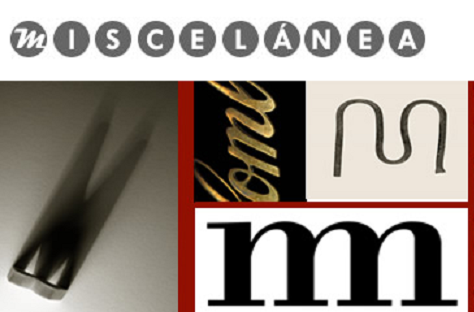"Bueno, hasta luego": El uso de 'bueno' en conversaciones
DOI:
https://doi.org/10.26754/ojs_misc/mj.199611042Abstract
This paper presents a possible approach to the analysis and use of the Spanish discourse marker bueno in everyday conversation. The analysis is part (and at the same time a result) of a project in which the functions of bueno are compared to those of well in English conversations. In this project English and Spanish discourse markers are being compared in order to find similarities and differences between their function and use in conversation. In this paper we do not try to reach definitive conclusions since the corpus needs to be extended and it is necessary to elaborate a framework in order to classify every occurrence of the different markers in a systematic way.
Downloads
References
BROWN, G., y G. YULE. 1983. Discourse Analysis. Cambridge: Cambridge UP. DOI: https://doi.org/10.1017/CBO9780511805226
CORTÉS RODRIGUEZ, L. 1991. “Sobre Conectores, Expletivos y Muletillas en el Español Hablado”. Cuadernos de Lingüística 10. Málaga: Editorial Librería Agora.
MALINOWSKI, B. 1972. “Phatic Communion”. 1923. En Communication in Face to Face Interaction. Ed. J. Laver y S. Hutcheson. Harmondsworth: Penguin Books.
McCARTHY, M. J. 1991. Discourse Analysis for Language Teachers. Cambridge: Cambridge UP.
SACKS, H., E. SCHEGLOFF, y G. JEFFERSON. 1974. “A Simplest Systematics for the organization of Turn Taking for Conversation”. Language 50.4: 696-735. DOI: https://doi.org/10.1353/lan.1974.0010
SCHIFFRIN, D. 1987. Discourse Markers. Cambridge: Cambridge UP. DOI: https://doi.org/10.1017/CBO9780511611841
STENSTRÖM, A. B. 1984. Questions and Responses in English Conversation. Lund: Lund UP.
SVARTVIK, J. 1980. “Well in Conversation”. En Studies in English Linguistics. Ed. S. Greenbaum, G. Leech y J. Svartvik. London: Longman.
Downloads
Published
Issue
Section
License
Copyright (c) 1996 Carmen Gregori Signes

This work is licensed under a Creative Commons Attribution-NonCommercial 4.0 International License.


